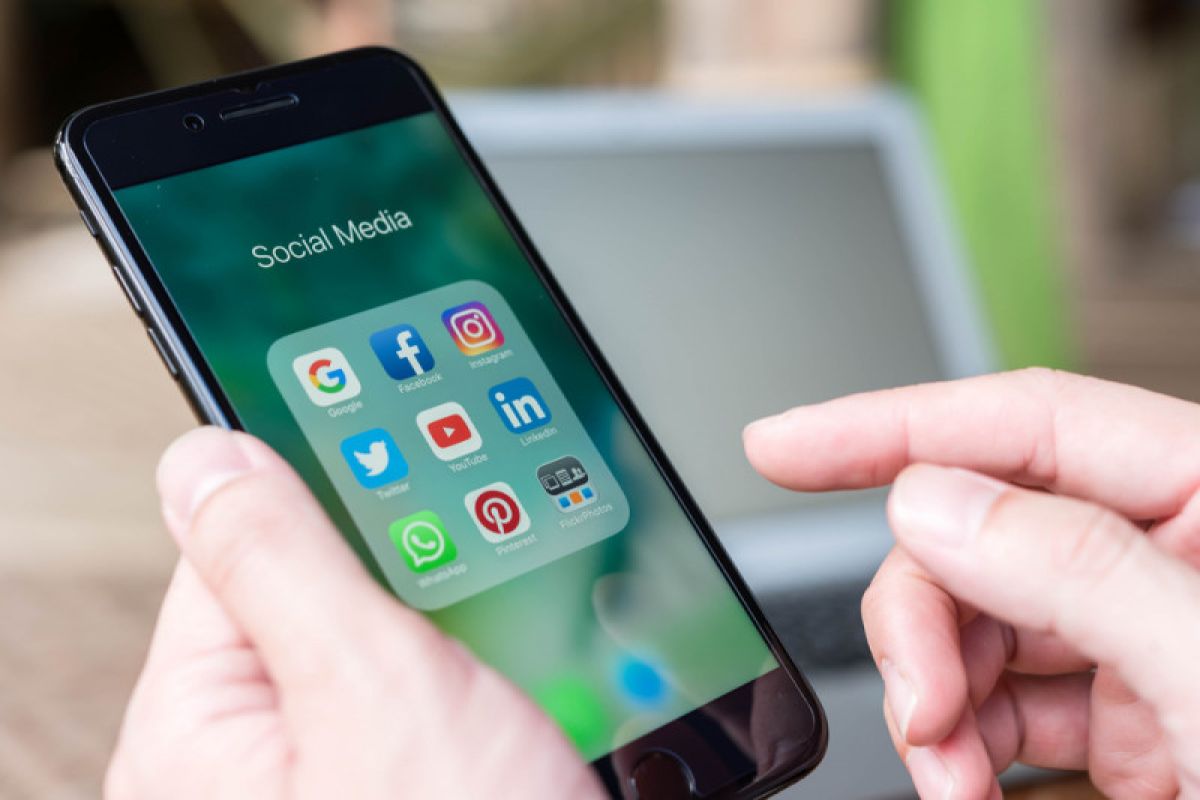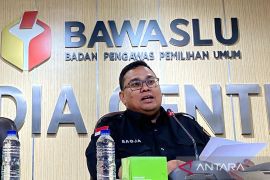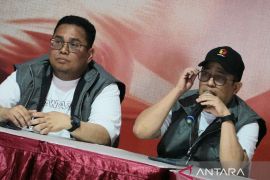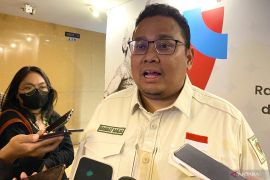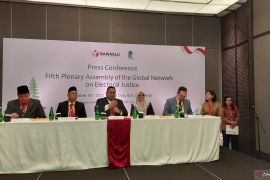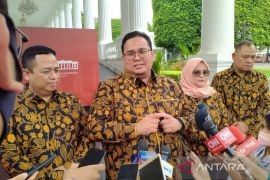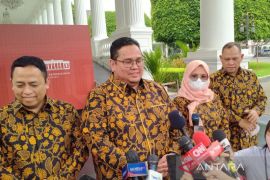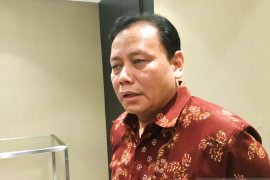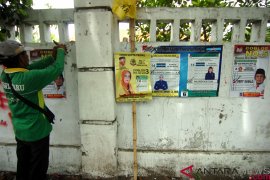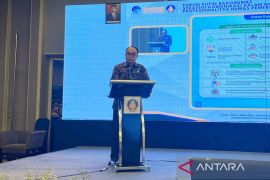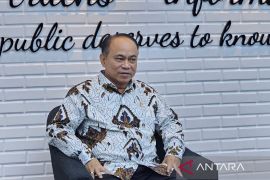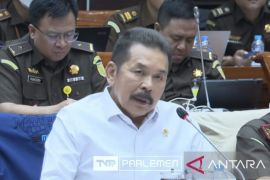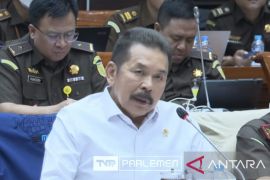"There are three categories: hate speech, fake news, and the politicization of ethnicity, race, and religion," Bawaslu member Lolly Suhenty said on Monday.
She broke down the violations as follows: 340 hate speech incidents, 10 instances of politicizing identity groups, and five instances of fake news.
Suhenty also explained that 342 violations targeted presidential and vice presidential candidates, while the remaining 13 targeted election organizers: Bawaslu and the General Election Commission (KPU).
Across platforms, Facebook hosted the most violations with 118, followed by Instagram with 106, Platform X with 101, TikTok with 28, and YouTube with two.
She stated that the violating content had been found through collaboration between the Bawaslu cyber surveillance patrol team and the Ministry of Communication and Informatics.
She said that Bawaslu continues to bolster cooperation with social media platform operators.
"For instance, social media players like Meta are proactive, saying, 'If there is already a study from Bawaslu, please convey it immediately, so that we can take the violating content down'," she noted.
She expressed hope that the situation on social media platforms amid the cooling-off period on February 11–13, 2024, could be healthy and encourage people to maintain critical thinking while engaging with social media.
Indonesia will hold the general elections on February 14, with around 204.8 million voters expected to participate.
During the elections, Indonesians will elect a president and a vice president, as well as members of the House of Representatives (DPR), Regional Representatives Council (DPD), and Regional Legislative Councils (DPRD) at the province, city, and district levels.
Related news: Bawaslu conducts patrol against vote buying ahead of election day
Related news: KPU invites friendly countries to observe 2024 General Elections
Translator: Rio Feisal, Raka Adji
Editor: Anton Santoso
Copyright © ANTARA 2024
